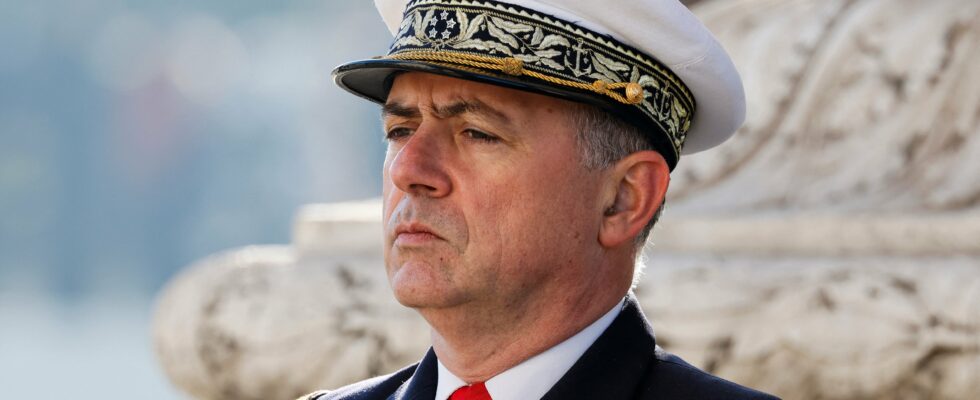L’Express: In what way the invasion of Ukraine Does it change the nuclear situation?
Pierre Vandier Ukraine surrendered its Soviet nuclear weapons in exchange for the security guarantees of the 1994 Budapest Memorandum. But twenty years later, the Russians turned the tables, taking Crimea from Ukraine. The lesson for Ukraine, latent all over the planet, is that it would not be in this situation if it had kept its weapons. Then, the Russians, from the very beginning of the 2022 invasion, practiced nuclear blackmail and declared that any interference would lead to terrible consequences. This is called aggressive sanctuarization: a conquered territory is immediately covered by the nuclear umbrella. This imperial approach to deterrence breaks with the inviolability of borders that prevailed after World War II.
What are the consequences for Westerners?
In their support for Ukraine, they cannot remove from their minds the risk of a nuclear escalation. They advance on the rungs of the ladder of escalation, in small steps, approaching a threshold that they have difficulty identifying. Hence these intense debates: to give or not to give fighter planes to Ukraine and cruise missiles that can strike in Russia. We live with a sword of Damocles, that of a Third World War. What is happening in Europe also has resonances in Asia. China could adopt the same kind of posture concerning Taiwan.
What would happen in the event of a nuclear war?
The level of destruction would be such that we would cease to be what we are. This does not mean that 100% of the population would disappear. On the other hand, 100% of the military, economic and power centers would disappear. To give an order of magnitude, French nuclear deterrence has the capacity to reduce to dust the equivalent of the French surface area in Russia. The effect would be simply devastating. The first French warhead weighs 100 kilotons, compared to 20 kilotons for the bomb dropped on Hiroshima. All leaders have that in mind.
How does this “third nuclear age” break with previous ones?
The first nuclear age was dominated by the rivalry between the United States and the USSR. After the Cuban Missile Crisis [NDLR : tentative soviétique de placer des armes nucléaires à Cuba]we saw the establishment of something more structured and more rational, notably with arms limitation treaties. But the stocks, on both sides, rose beyond 30,000 nuclear warheads. The end of the Cold War led to a period of disarmament that characterizes the second age. The shift into the third age began when North Korea withdrew from the Non-Proliferation Treaty, produced its plutonium, carried out tests and began to manufacture its bombs. We then realized that dictatorships would not follow a logic of disarmament. And that if they had the bomb, we could not give up having it.
How does this more dangerous context change the situation for French deterrence ?
In his speech at the Ecole de Guerre in February 2020, President Macron spoke about the articulation between conventional and nuclear weapons. With a rearmed and aggressive Russia, we now need to have a conventional part capable of absorbing the first shock in order to probe the intentions of the adversary and tell him: is the matter serious enough for you to take the risk of being totally destroyed? This was the case in the 1980s and 1990s, when France had an army corps based in Germany. Without a strong conventional weaponry, capable of credibly opposing a deliberate aggression and, in doing so, testing the real determination of a state aggressor, we immediately find ourselves in the deterrent dialogue.
The President insists on the European dimension of French deterrence…
The implementation of France’s nuclear weapons is France’s responsibility. But the President has shown that French nuclear deterrence is not an isolated issue, that it is much more global and collective. France is the only nuclear power on the European continent. We must therefore have a discussion with our allies, first and foremost with the Germans, on the fact that we have in our hands something that is also to their benefit.
.
